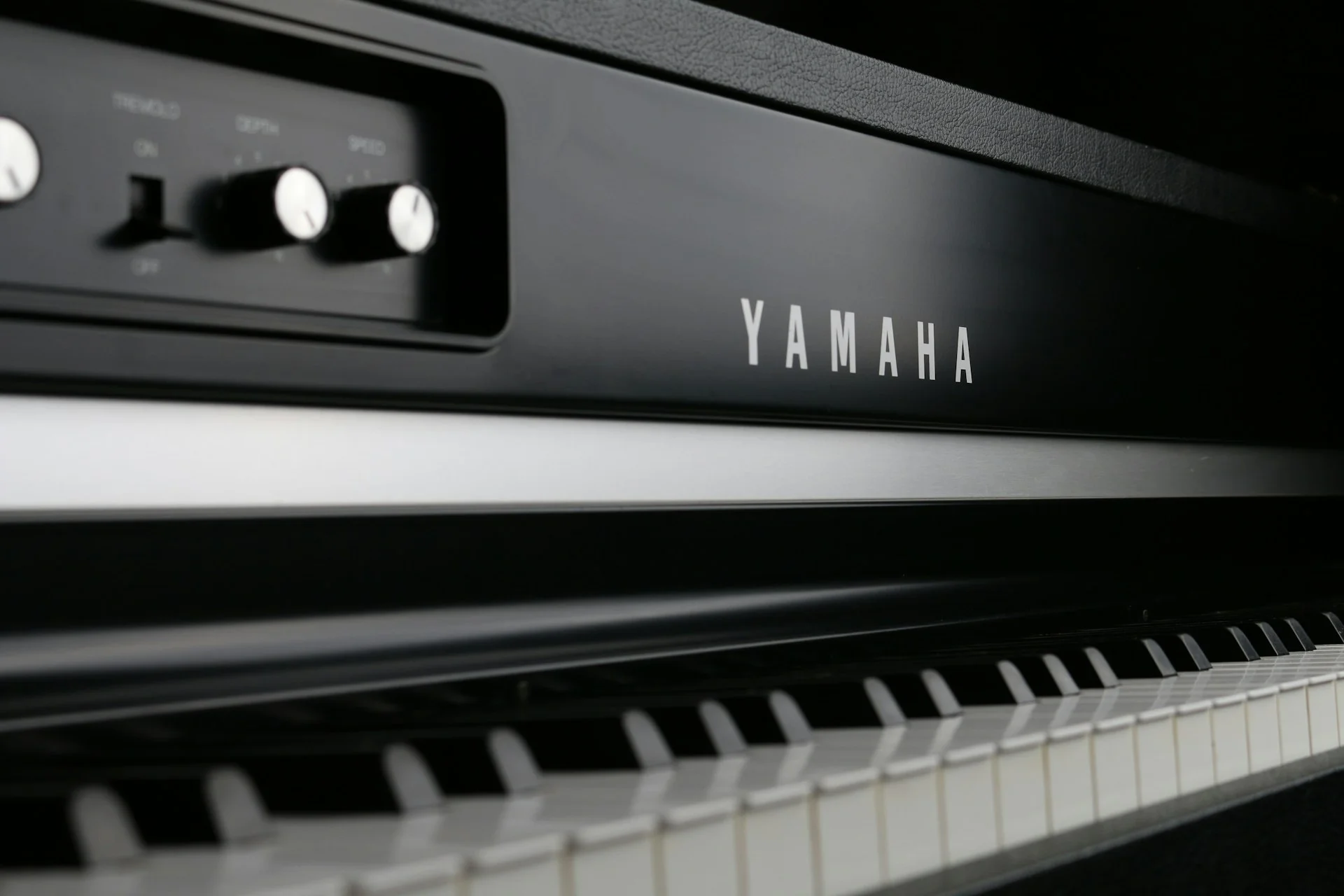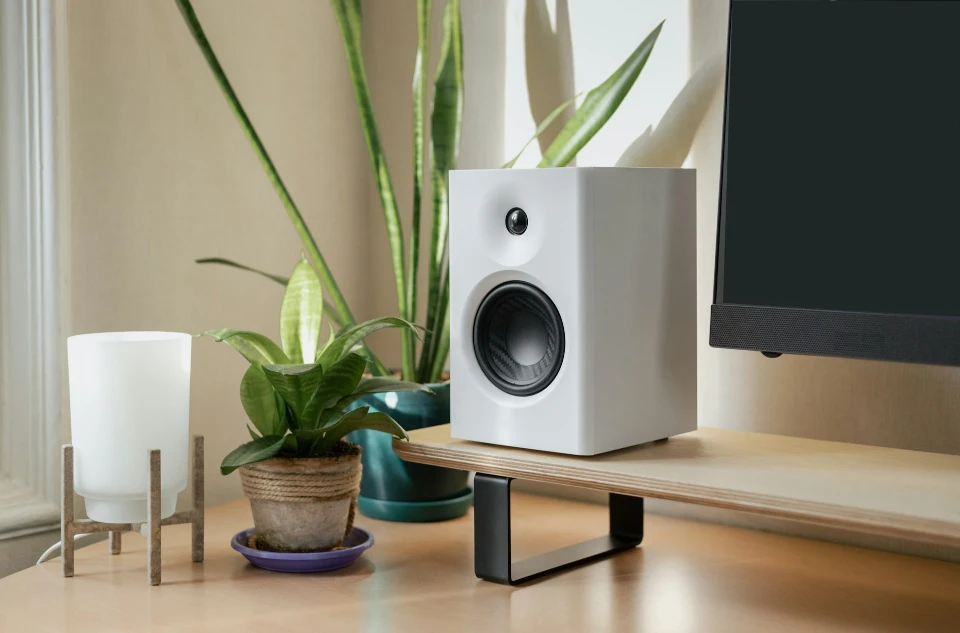The electric pianos available at Topshop offer several advantages over traditional acoustic pianos, making them a popular choice for musicians of all levels.
Portability and Space Efficiency
One of the most significant benefits of an electric piano is its portability. Unlike a traditional piano, which is heavy and requires substantial space, an electric piano is lightweight and compact. This makes it easy to transport, whether you’re moving between gigs, practicing in different locations, or simply rearranging your living space.
Versatility and Features
Electric pianos are packed with features that a traditional piano cannot offer. They often include a variety of sounds, from different piano tones to other instruments like strings and organs, allowing musicians to explore different genres and styles without needing multiple instruments. Many electric pianos also come with built-in metronomes, recording capabilities, and connectivity options for headphones or external speakers, making practice and performance more convenient.
Volume Control and Maintenance
Volume control is another crucial advantage. With an electric piano, you can adjust the volume to suit your environment or use headphones for silent practice, ensuring you won’t disturb others. This is particularly beneficial for those living in apartments or shared spaces. Additionally, electric pianos require far less maintenance. Unlike traditional pianos, which need regular tuning and can be affected by humidity and temperature, electric pianos are virtually maintenance-free.
In summary, the electric piano combines convenience, versatility, and ease of use, making it an excellent choice for modern musicians who value flexibility and functionality. Ask a Topshop expert to show you our range of electric pianos available in Tanzania.



